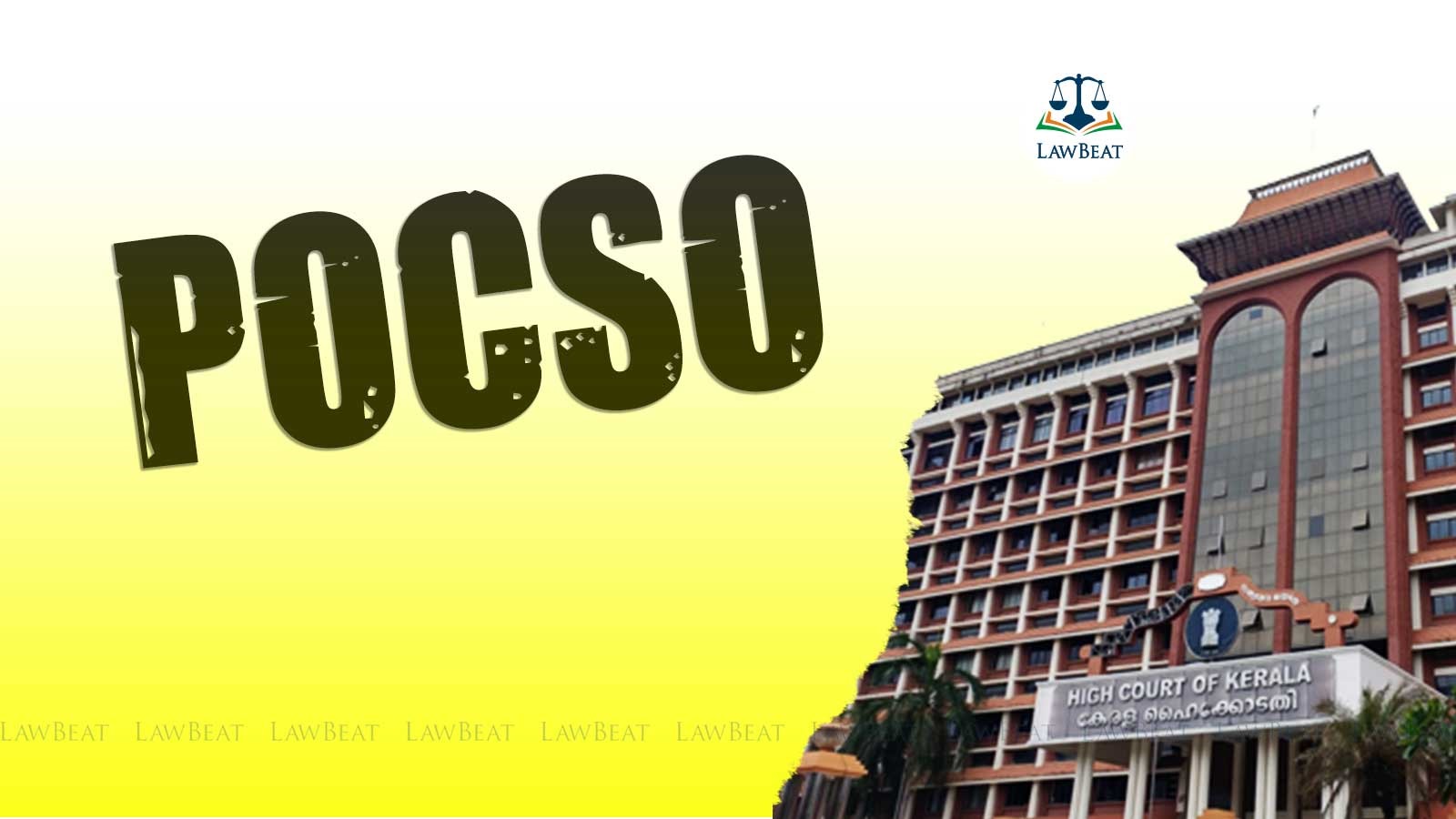‘Father Supposed to Protect Daughter’ : Kerala HC Sentences Father to 20 Years for Raping Minor Daughter

The court held that 20 years of rigorous imprisonment would be sufficient to meet the ends of justice
The Kerala High Court has convicted and sentenced a father to 20 years of rigorous imprisonment under the Prevention of Children from Sexual Offences (POCSO) Act, for raping and committing penetrative sexual assault on his minor daughter repeatedly for over two years.
The court, presided over by Justice P.B.Suresh Kumar and Justice C. Pratheep Kumar, modified the original sentence of life imprisonment awarded by the Special Court, reducing the original life imprisonment, citing that the accused can only be convicted under Section 6 of the POCSO Act. Though the court acknowledged that “The accused is none other than the father of the minor victim, who is supposed to protect her from any such sexual harassment from anybody else. In spite of that, he had committed rape/ penetrative sexual assault on his minor daughter repeatedly, for a period of more than two years.” It deemed life imprisonment excessive in this case.
The accused had challenged his conviction under Sections 376(2)(f), (k) and (n) of the Indian Penal Code (IPC), which provides with rape by relative or guardian, rape on woman suffering from mental or physical disability and rape on a woman under 16 years of age, respectively, and Section 5 read with Section 6 of the POCSO Act, before the High Court.
The court set aside the conviction under the IPC sections, noting that the accused could not be punished for the same offence under both laws in the light of Section 42 of the POCSO Act, which provides that the accused can be punished only for the offence for which greater degree of punishment is provided.
The prosecution had argued that the minor's mother had witnessed the sexual assault in November 2017, and that the minor had been subjected to abuse since she was in the seventh standard. The defence, on the other hand, argued that there were inconsistencies in the testimonies of the minor and her mother, and the case was an attempt to falsely implicate him.
However, the court rejected this argument, stating that “Usually, no child will give a false complaint of sexual abuse against her father, unless there are any special reasons for the same. Similarly, no wife also will raise such a false allegation against her husband, unless there exists some bitter enmity between them.”
The court also found the victim's testimony, supported by medical evidence and corroborating circumstances, to be credible and sufficient to prove the accused's guilt beyond a reasonable doubt. It rejected the defence's arguments of discrepancies in the victim's statements and the lack of penetration.
The court was requested to have a lenient approach due to the accused's age. The counsel for the accused highlighted that Constitutional Courts have the authority to impose a fixed term of imprisonment even in cases where a life sentence is mandated. In this regard, the court noted “he [accused] does not deserve any leniency. However, considering the entire facts, we hold that this is not a fit case in which the accused is liable to get the extreme punishment like imprisonment for life, which shall mean imprisonment for the remainder of his natural life or death, as more heinous situations may arise warranting such punishments.”
Therefore, the court upheld the conviction under Section 6 of the POCSO Act, the sentence was modified to rigorous imprisonment for 20 years, a fine of Rs.50,000/-, and an additional six months of rigorous imprisonment in default of payment, holding that 20 years of rigorous imprisonment would be sufficient to meet the ends of justice.
Cause Title: V.M.ABDULKHADER @ KADER v STATE OF KERALA [CRL.A NO. 1022 OF 2019]
